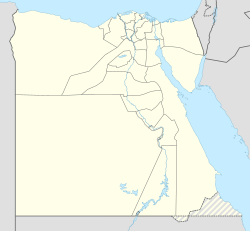Impact
The attack on the Swiss Inn hotel in al‑Arish claimed at least seven lives, including two election judges, two policemen, and one civilian, with 12–14 others injured, such as security personnel, judges, and hotel staff. [4] [5] [6] According to state agency reports, two attack methods were used: a suicide car bomber was shot before reaching the hotel, and a gunman and suicide vest-wearer then entered the lobby and kitchen, resulting in the fatalities and injuries. [4] [5] [6]
Authorities described the assault as a deliberate attempt to “hinder the state from building its institution,” aiming to disrupt the electoral process. [4] [7] [8] The Justice Ministry and Judges Club expressed that the judiciary would proceed undeterred, asserting judges' readiness "to sacrifice their lives" in defence of state institutions. [6]
The military pledged to intensify counter‑terror operations in North Sinai; announcing a reinforced campaign to “weed out” militant networks and safeguard future judicial and electoral activities. [4] [6] [7]
Regional impact
This bombing was part of a cycle of terrorist activity in North Sinai, including prior attacks in January and July 2015. [6] [8] [9] In the aftermath of those earlier strikes, residents reported mass arrests, widespread detention, and a heavy security crackdown with armoured vehicles deployed across al‑Arish. [10] The November hotel bombing continued this tradition, with authorities further tightening checkpoints, increasing patrols, and launching raids on suspected militant hideouts. [11]
Northerners in al‑Arish reported a palpable fear of arbitrary detention and home-searches in the wake of prior attacks; a pattern repeated after the November 2015 explosion. [4] [8] [10] Damage to infrastructure extended beyond the hotel; nearby government buildings, media offices, and homes suffered shattered windows and structural harm. [10] [12]
This page is based on this
Wikipedia article Text is available under the
CC BY-SA 4.0 license; additional terms may apply.
Images, videos and audio are available under their respective licenses.
